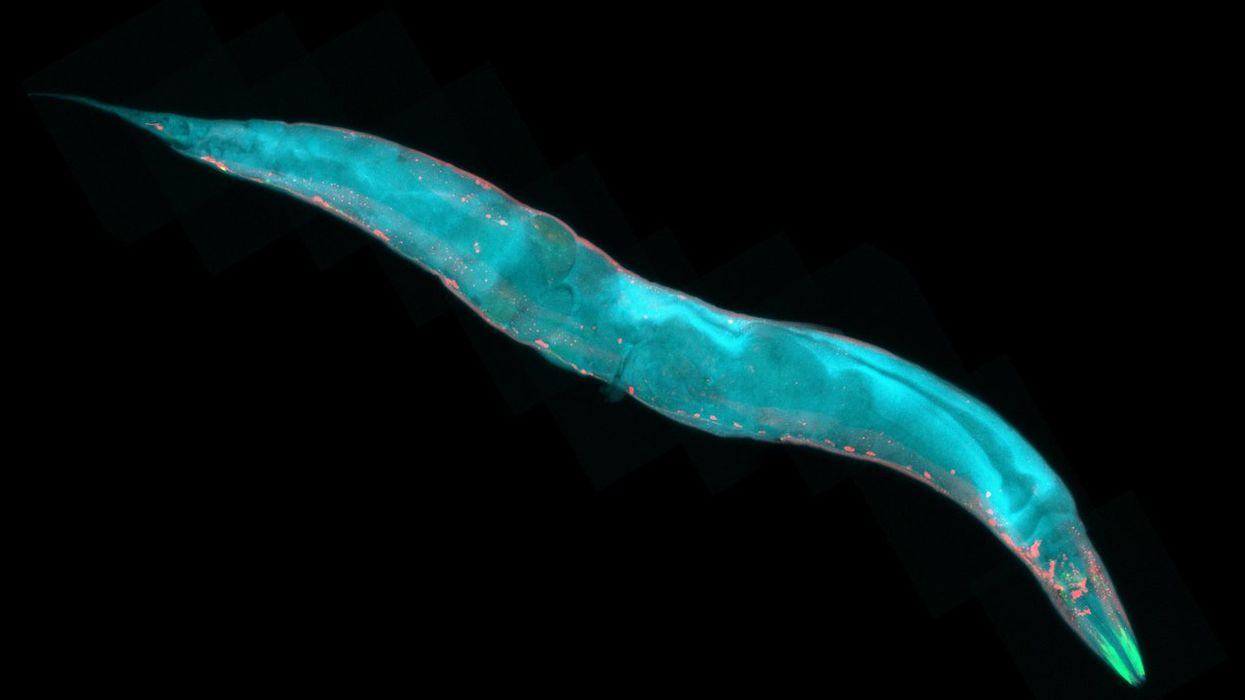Alex Daniel
Oct 08, 2023

Caenorhabditis elegans ran away after electric shocks
HeitiPaves / iStock
Everybody hurts sometimes – even the most basic worms in the animal kingdom which have no eyes, spine or brain.
That’s what scientists have found out about nematode species Caenorhabditis elegans, which possesses basic emotions such as fear.
Researchers zapped the worms to see if they would display negative reactions, and the worms continued to “flee” at high speeds for minutes after.
The scientists at Nagoya City University in Japan and Northeastern University in the US said the response shows a brain state which is comparable to fear in humans.
"These properties have been recently regarded as essential features of emotion, suggesting that C. elegans response to electric shock may reflect a form of emotion, akin to fear," the researchers wrote.
The findings are the most recent in a debate over which animals can experience primitive versions of our own emotions. Crayfish and bumblebees have all shown animals can have lasting positive and negative mental states.
C. elegans is one of the most basic worms in the animal kingdom. At about 1mm in length it is also tiny and transparent, with no brain, sight or smell.
Nonetheless, worms which sensed an electric current for 45 seconds “ran away” for more than two minutes.
During this state, they ignored food which was placed nearby, instead scurrying at high speeds.
This suggests that the emotional response could be triggered by different stimuli and that one stimulus could inhibit responses to others.
When the shock was just five seconds long, the worms fled for a minute and a half before calming down.
And when the researchers repeated the experiments with worms that were not to produce neuropeptides – which are the equivalent to human hormones – the worms stayed in a state of fear for longer.
"Because the requirement of neuropeptide signaling [in worms] is reminiscent of neuropeptide regulation of fear in mammals including humans, the fear-like brain state may be regulated by evolutionarily conserved molecular mechanisms," the authors of the study wrote.
Sign up to our free Indy100 weekly newsletter
Have your say in our news democracy. Click the upvote icon at the top of the page to help raise this article through the indy100 rankings.
Top 100
The Conversation (0)













